Unsung Pride Heroes
Pride has been an annual celebration since 1969 first held on the one-year anniversary of the Stonewall Riots. Since then, and even years before, queer activists and artists have been working to make the world a safer and more accepting place
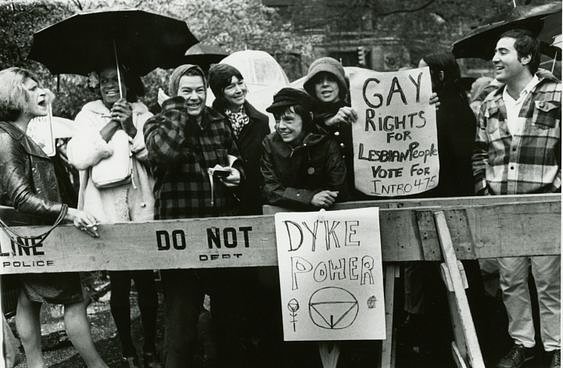
Posted on Sat 2 Jul 2022 · by Moonlight Experiences
Pride has been an annual celebration since 1969, inspired by the Stonewall Riots. Since then, and even years before, queer activists and artists have been working to make the world a safer and more accepting place. Pioneers like Marsha P. Johnson, Gladys Bentley and Audre Lorde have carried our society through generations of queer-phobic environments – we must give our thanks!
Ted Brown
Pride in the UK started in 1972, and we have Ted Brown to thank for getting the ball rolling! He helped organise the UK’s first ever pride and fought with the aggressively homophobic media for years.
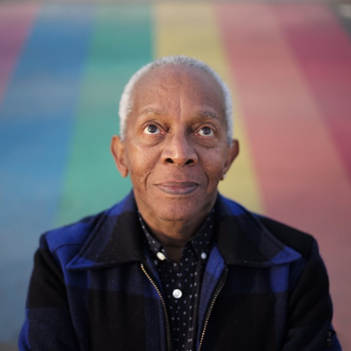
On July 1st 1972, over 2,000 queer individuals and allies marched through the streets of London for a mass ‘kiss-in’; a loud expression of queer love in the capital of Britain!
The march was organised by the Gay Liberation Front, inspired by the queer liberation movements in the US and with the main goal of ‘coming out and showing who we really are’. The Gay Liberation Front hosted many marches around London, and built a close bond with members of the Mangrove – a queer black meeting hub and restaurant in Notting Hill.
Gay Liberation Fronts started popping up all over the UK, giving queer individuals a chance to band together and stand for their identity! The Gay Liberation Front taught us we are always stronger in numbers, and we need to remember this!
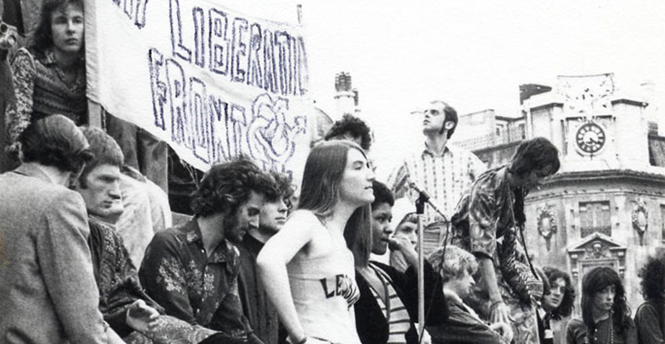
Barbara Gittings
It is a crime that Barbara Gittings is not a more well-known figure in the queer community – we owe her a lot!
Gittings was advocating for queer rights dating back to the late 50s, a good 10 years before Stonewall! She also founded New York’s first lesbian collective in 1958 – The Daughters of Bitilis! When the group started there were only 12 members, and their goal was to start queer discourse and conversation! At the time, there was no representation and queerness was largely an ‘underground’ topic.
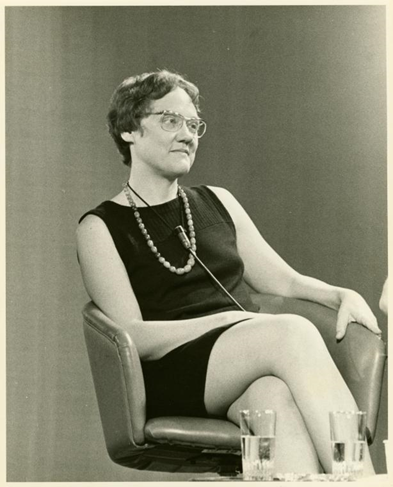
In 1965, Gittings co-lead one of America’s first gay and lesbian rights protests – present at the White House demonstration in Washington and at Independence Hall in Philadelphia.
Her impact doesn’t stop here…. In 1972, Barbara Gittings was a major force in getting the American Psychiatric Association to stop classifying homosexuality as a mental illness.
Gittings is responsible for so much of the open queer discourse we see in mainstream media today. Not only was she a part of starting the queer conversation, but she also helped destigmatise it and introduced queer literature in American libraries.
Lady Phyll
Lady Phyll is a well-known political activist in the UK, and a notable co-founder of UK Black Pride which ‘promotes unity and co-operation among all Black people of African, Asian, Caribbean, Middle Eastern and Latin American descent.
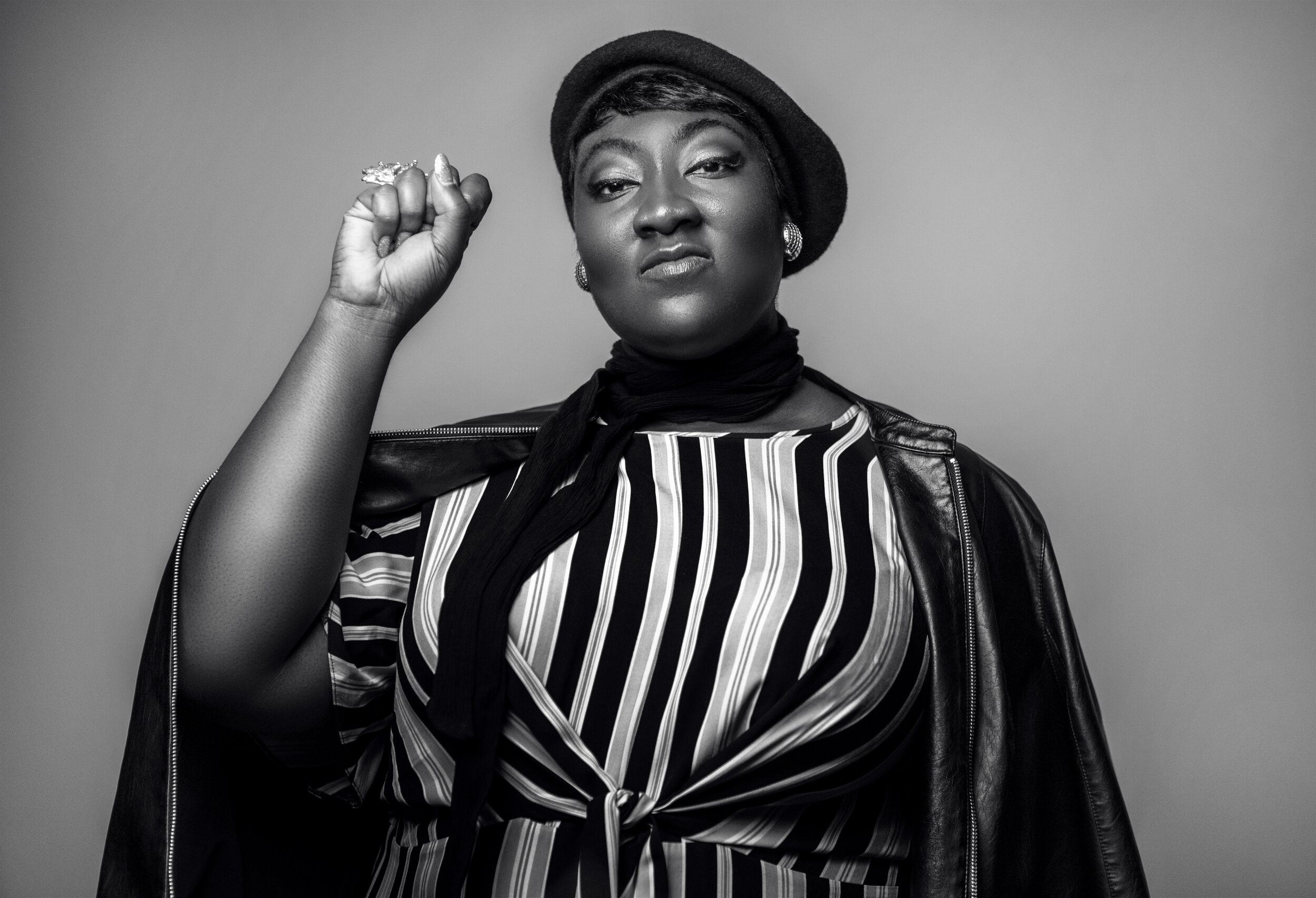
Lady Phyll’s relationship with activism is one we should all be learning from. She says
‘We are here because so many people before us survived….I’m a descendent of women who fought back, who loved, and who spoke the truth…And I will be someone’s ancestor’.
We are reminded of the true meaning of activism – sustained generational growth and change. We are able to fight because of the sacrifices made and battles fought in our history, and we fight for a safer world for us and our descendants.
Lady Phyll is also the executive director of the Kaleidoscope Trust – a charity fighting for the human rights of LGBTQ+ worldwide. They fund queer activists and artists; ensuring change-makers all around the world have the resources to complete fundamental and essential work.
Lady Phyll is a vital pillar of queer liberation in the UK ad she deserves her flowers!
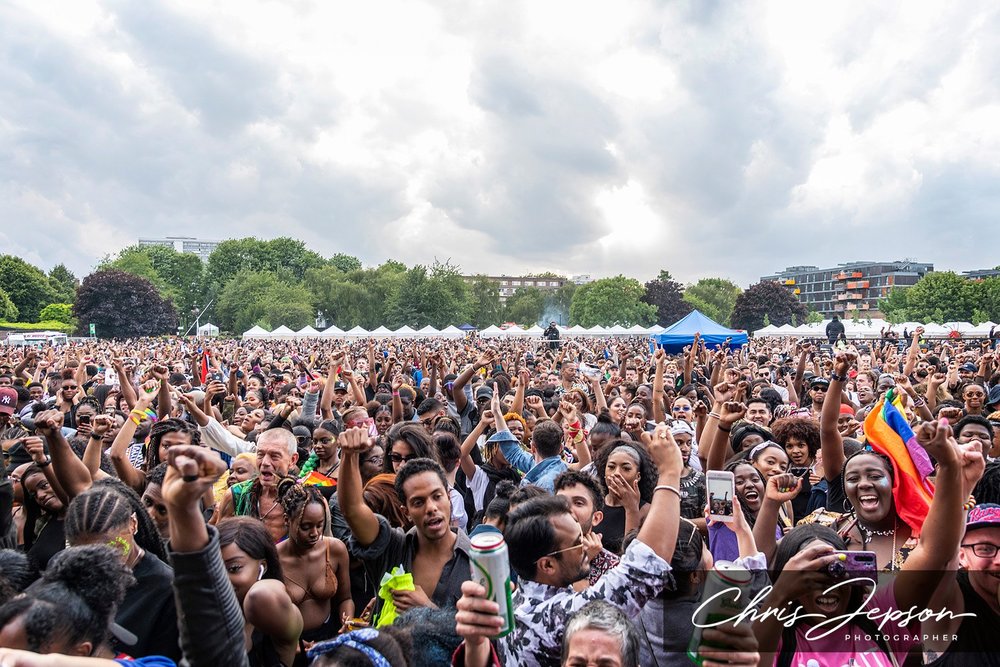
Oluwatoyin Salau
Oluwatoyin Salau only spent 19 years on this Earth and made a profound impact that the entire world felt. Salau was a prominent activist and a figurehead of the Tallahassee, Florida BLM protests.
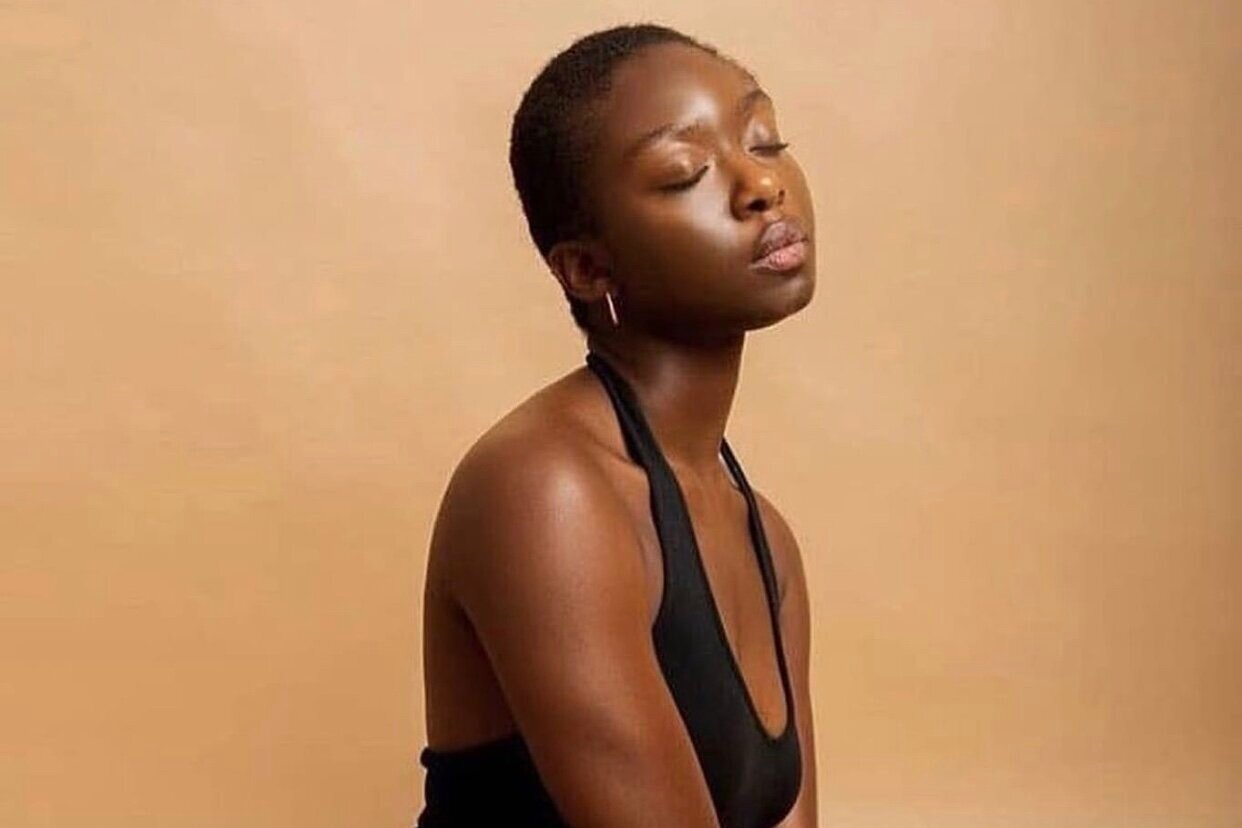
For those who have not heard her story, Oluwatoyin was cruelly taken from us only days after attending a protest. Salau spent her last days on this earth fighting for black trans lives and speaking out against sexual assault.
Salau was determined that people say Tony McDade’s name, a black transgender man who was murdered by police.
In a famous speech that is now viral, Salau states
‘Black Lives Matter, Trans Lives Matter…. I cannot take my skin colour off…and my blackness is not for your f***ing consumption!’
While Salau is no longer with us, we will always honour her, and remember her legacy, love, and drive for liberation.
Sylvia Rivera
We owe a LOT to Sylvia Rivera!
A queer liberation and transgender rights activist who become known for her impact in New York.
After years of fighting for queer rights, Sylvia was booed off stage at a 1973 Pride by gay men who didn’t support the transgender movement. This was while Sylvia was working every single day to free gay people wrongly arrested.
Her speech, while brief, called out the gay community for its performativity and transphobia. To this day Rivera’s words are relevant, and we still have a lot to learn.
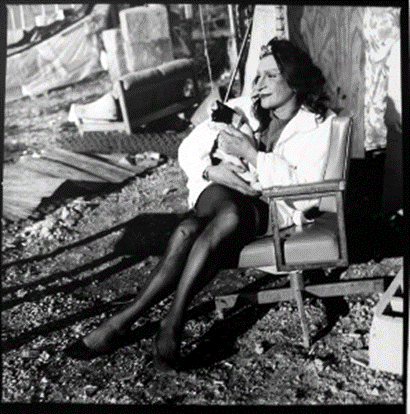
Marsha P. Johnson and Sylvia Rivera founded the ‘Street Transvestite Action Revolutionaries’ which supported queer homeless youth and sex workers in Lower Manhattan. ‘STAR’ was organized by house mothers Rivera and Johnson and has been acclaimed as a model for future queer organizations.
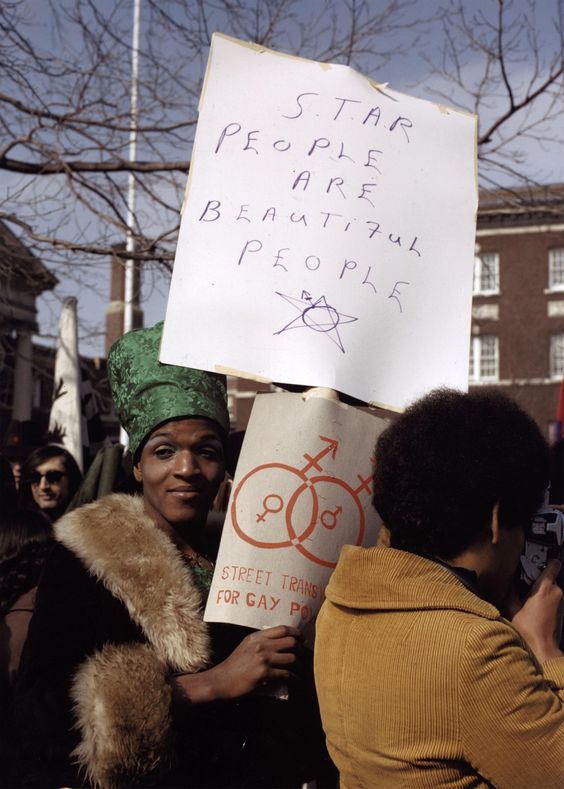
When Marsha P. Johnson was unfortunately murdered, Rivera spent the rest of her life fighting for her justice – even when the New York Police shut down the case.
Sylvia Rivera lived and breathed pride – her unapologetic queerness helped destroy barriers for the community and her legacy still lives on.
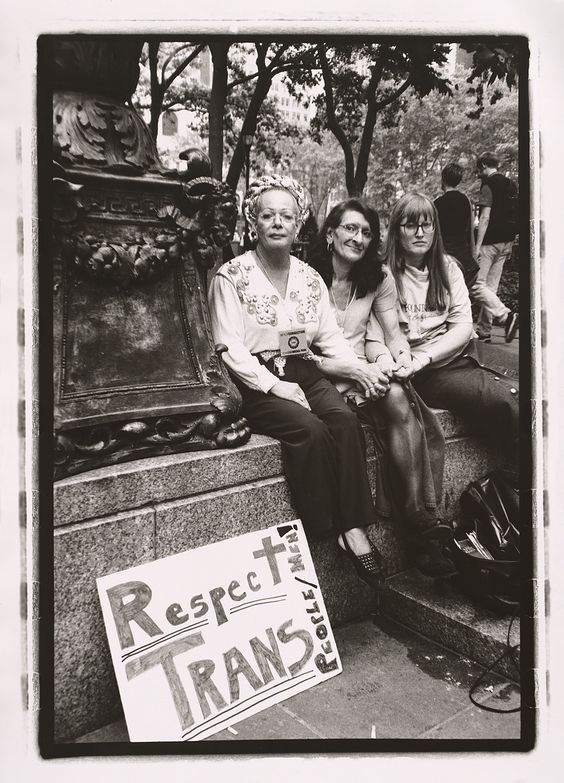
James Baldwin
James Baldwin was a famous writer and activist, who is remembered for his artistry through essays, novels, plays and poems.
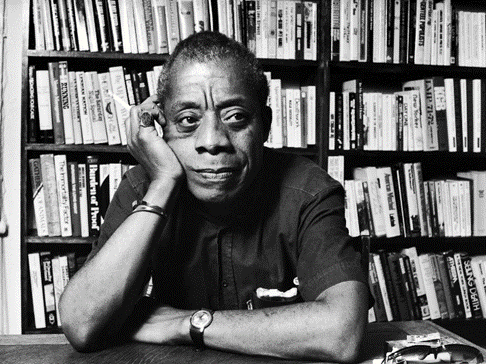
His first essay collection was released in 1955 and addressed homosexuality, bisexuality, and race issues in America. It is one of the first records of queer racial discourse and helped open the door to queer conversation and experience.
His accounts recall history with a possible lover – Beauford Delaney, with whom he shared his love of art, jazz, and circles of black artists in America. Baldwin writes - ‘The reality of his seeing caused me to begin to see’.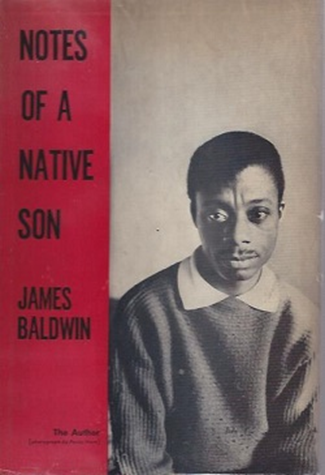
Baldwin also writes about the reality of being queer during a time when many and most queer men couldn’t envision a life with another man. Queerness was beyond a taboo. And it’s these accounts of queerness that have led us to today; we are overflowing with queer art, experience, and representation.
The Modern Library acclaimed ‘Notes of a Native Son’ at number 19 on the list of 100 best 20th-century nonfiction books. Have a read!
Mark Ashton
Often described as ‘the embodiment of pride’, Mark Ashton was a British gay rights activist who worked closely with the London Lesbian and Gay Switchboard in 1982.
In 1983 Mark was featured in a documentary called Framed Youth, which involved queer youth asking straight people on the streets of London about their views on homosexuality. The documentary is highly regarded as a piece of queer history, as well as helping to open the door to conversations about homosexuality and queerness that weren’t violent or threatening.
A year later in the 1984 London Pride, Mark was there with a friend and founded the Lesbians and Gays Support the Miners (LGSM) to help miners on strike.
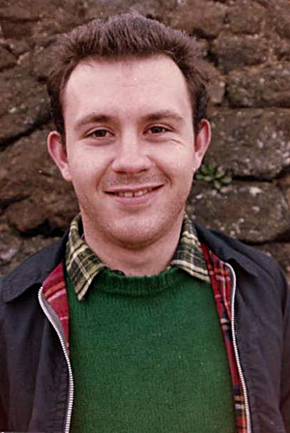
Mark Ashton, unfortunately, passed away in 1987 due to HIV/AIDS complications, but his pride, love, and passion for queer liberation will never be forgotten. The Mark Ashton Trust was formed after his death to raise money for individuals living with HIV.
Enjoy your pride season! And take a moment to appreciate the queerness we so freely experience today. While the world still has a long way to go in terms of global queer liberation, it is vital to look back at the icons and activists who helped shape our community.
Moonlight Experiences is led by a dedicated queer collective of diverse voices who are changing the perception of queer culture through curated activities and stories from the community. We are using the economic power of LGBTQ+ tourism to tackle the lack of QTIBPOC representation in travel. Profits go towards amplifying marginalised artists and supporting queer venues.
Find out more: www.moonlightexperiences.com
Instagram / Facebook: @moonlightexperiences
Email: info@moonlightexperiences.com